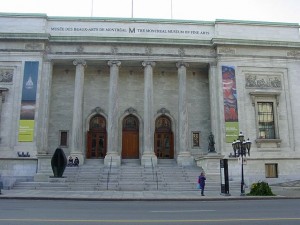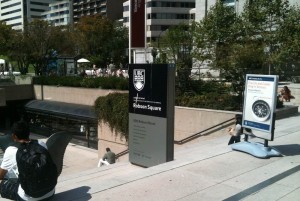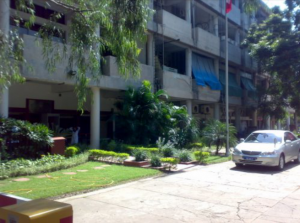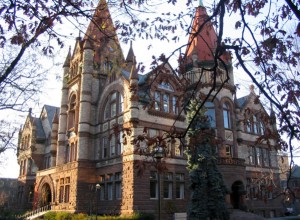
Chris Alexander, Canada’s Citizenship and Immigration Minister
Photo by William Daigneault on Unsplash
Canada’s Citizenship and Immigration Minister Chris Alexander announced on May 12, 2014 that there will be policy changes coming that will make it easier for Mexican citizens to travel and visit Canada. The Minister was quoted in saying:
Under the CAN+ program, Mexican nationals who have travelled to Canada or the United States within the last 10 years will be eligible for expedited visa processing. By fast-tracking a large number of applications, CAN+ is freeing up visa officers to work on other more complex cases. The program intends to improve overall processing times for all Mexican travellers who will see their visas processed in 10 days or less.
The Minister of CIC highlighted how the government wishes to increase legitimate trade and travel to Canada from the region. The success of the Canada’s Multiple-Entry Visa (MEV) program is another example of ways the government is providing fast and convenient options for travellers wishing to visit Canada. In April 2014 alone, more than 95,000 MEVs, which allow visitors to come and go from Canada for six months at a time for up to 10 years, were issued to individuals coming to Canada on vacation or to spend time with family.
Canada seeks to strengthen ties with Mexico, its NAFTA partner:
More than 2 million Canadians visit Mexico each year. Whereas, historically, the number of Mexicans traveling to Canada has been significantly lower. However, that has been changing and Canada’s close tourism ties with Mexico continue to grow with more than 34,000 visitor visas, study and work permits issued to Mexican visitors, students and workers between January and April 2014; a 20 percent increase from the same period in 2013.
The CAN+ program will speed visa processing for an expected 50 percent or more Mexican travellers to Canada.
A six-month pilot of the CAN+ program delivered excellent results: visas were issued in seven days or less with an approval rate of over 95 percent.
Citizenship and Immigration Canada also offers three “Express” programs that help Mexican business people, tourist groups and students come to Canada faster:
1. Business Express expedites business travel from Mexico with visas issued within days with a near-perfect approval rate for those registered in the program.
2. Travel Express offers a fast, simplified visa application process for tourists who use travel agencies registered with the Canadian Embassy.
3. Mexican Student Pilot fast-tracks the processing of study permits with a near-perfect approval rate for those who study at participating Canadian educational institutions.









